A new primary school for the children of Huay Duea
The village of Huay Duea in Laos is located 70 kilometres north of Vientiane.
In Laos, our overseas volunteers witnessed two local initiatives.
In March 2020, following international announcements, the Laotian government took severe measures. However, these measures were relaxed rather quickly when faced with the low numbers of Covid-19 cases within the population. “Certain measures have been maintained, such as the closure of the borders and Post Offices”, explains Marion Bernard, a former Bamboo volunteer that is currently responsible for the Laos division of Children of the Mekong. “Life resumed, and Laotians had to adapt to the new constraints, like reduced travel between the provinces”. The month of April 2021 marked a significant turn in the Laotian health crisis. After two deaths, the government decided to lock down the whole country. The schools were shut, and people were prohibited from going to the shops in pairs. In addition, wearing a mask became mandatory.
In Laos, where students from rural communities are often moving far from their families, such measures meant a greater increase in solitude and sometimes greater distress. Without the possibility to return to their home villages, these young students no longer had the option to receive their daily rice, often cultivated and provided by those close to them. Father Joseph, the local programme manager for Children of the Mekong in the South of the country, chose to bring them all with him to the rural property situated 40 kilometres from the city. Thanks to him, the young boys were occupied, and the activities deterred idleness that could harm their morale.
For the young boys aged 12-24, this was nothing new. “They are sometimes housed at the residence over the weekends and holidays. Most notably, it is the location where the summer camp is organised for approximately 70 children every year.” explains a former Bamboo volunteer who used to participate in the camps.
Would you like to help children in Southeast Asia going to school?
With £28 a month, you can offer a full meal to a whole family.
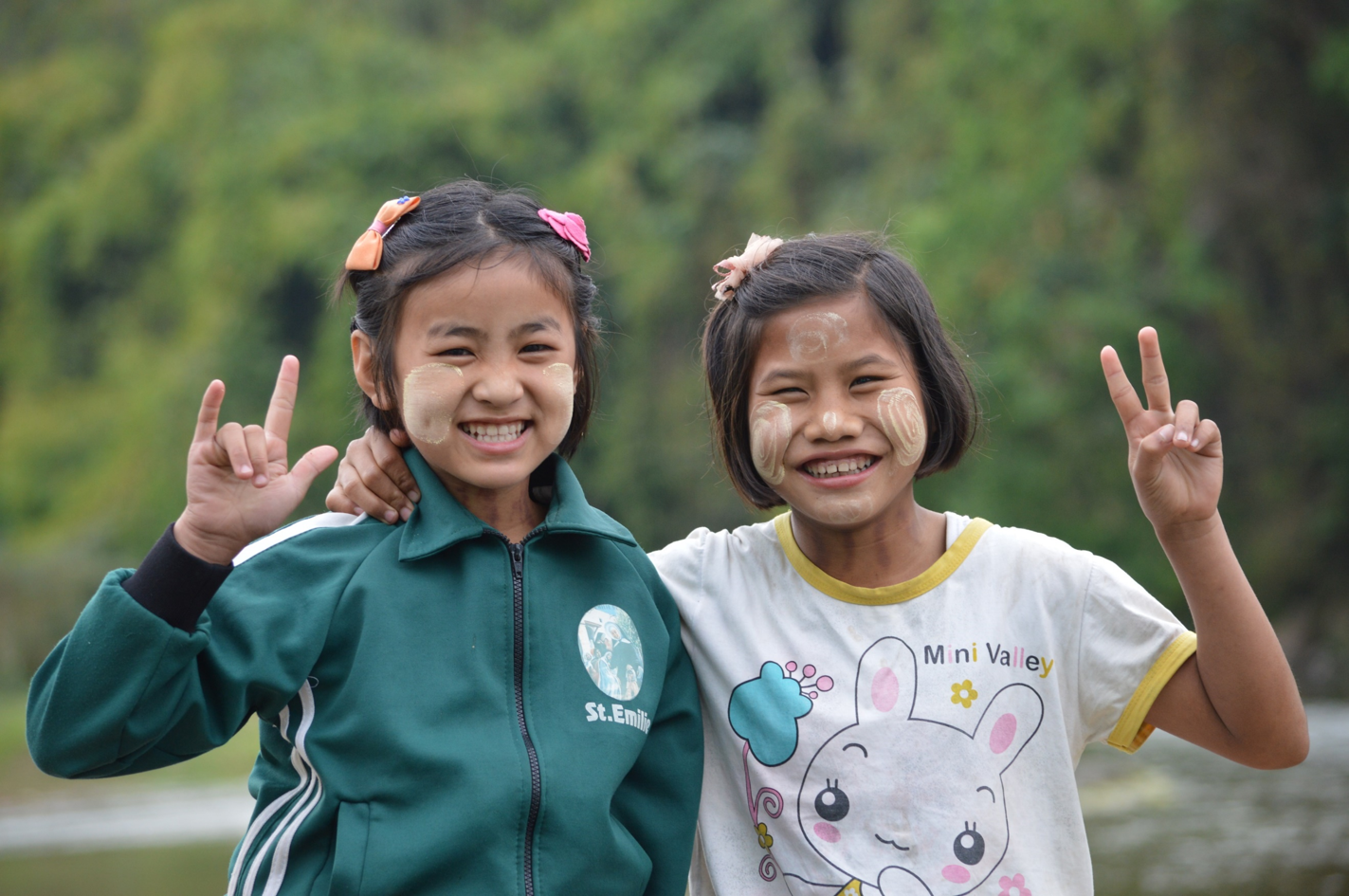
Based on self-sufficient economies, the most common model in Laos, these cultures support the boarders and every person in need who knocks on the door. For some time now, the villagers have been invested in constructing a new boarding house that will attract and welcome even more young people throughout the year. During this scholarly trip, resulting from lockdown, the boys helped at the site. A healthy way to occupy their hands and spirits while offering a concrete activity to the boarders. It permitted them to give back what they have received and will allow others to benefit from the same opportunities later.
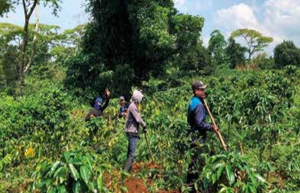
“During 1 to 2 months, the activities and additional training courses are provided to support young Laotians to catch up academically. It also helped them to develop themselves humanely and to find their voice in the enchanting setting of lush nature, among crops of coffee, cassava and avocados”.
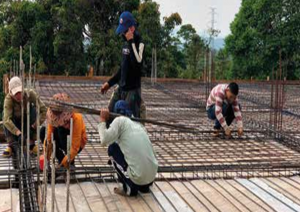
On the 14th of June, schools re-opened, and the ‘green classes’ brought on by confinement came to an end. For Father Joseph, an energetic man and born educator, these constraints were a real chance. He repeats endlessly, “We need to advance step by step with the young”. Students have return to their homes, but the educator succeeded in giving them a unique experience of mutual aid and unity in the midst of a full-on health crisis.
“I am so happy that my parents allowed me to stay here and help!” says one enthusiastic participant, Tone.
Father Joseph isn’t the only local responsible for turning the lockdown into an opportunity.
“It’s in the face of changing and disarming situations that we need to adapt,” comments Marion Bernard. Faced with the loss of jobs for some parents, the help received from Children of the Mekong had to be revised. To do this, the organisation had to count on the dynamism of its local managers. Pengdee is a perfect example of the innovative ways in which help was given, dictated by the community’s needs.
“Pengdee worked as a tuktuk driver,” explains Marion, “Bounme, his wife, was a service agent in a hotel. Both of them lost their jobs due to the lack of tourists. It became difficult for them to provide for their children Bounkham, 12 years of age and Sanyaseng, 5 years of age.” Rather than bringing them emergency food aid, sister Vong, our local programme manager, had the idea of proposing that Pengdee teach a short course in mechanics. Children of the Mekong financed it to increase his competencies and permit him to find a job despite the crisis.
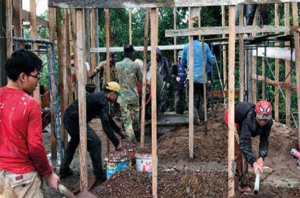
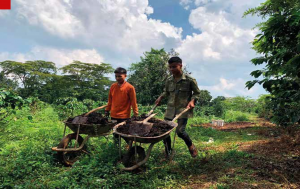
“A creative solution that is shaking up our sponsorship habits, but one that is going in the right direction!” enthuses Marion, marvelling in the availability and creativity of her delegates in the field, who are always attentive to those in need despite their workloads.
“They know how to take the time to adapt their responses in order to help more effectively.” Even during the crisis, Asia never ceases to inspire us!
Learn more about our privacy policy here.

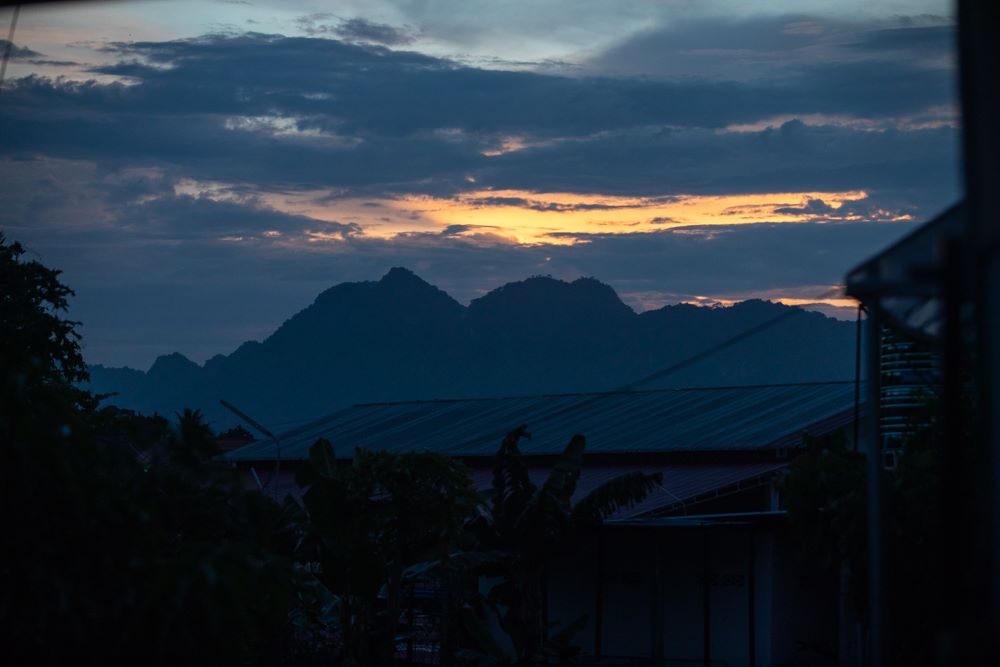
The village of Huay Duea in Laos is located 70 kilometres north of Vientiane.
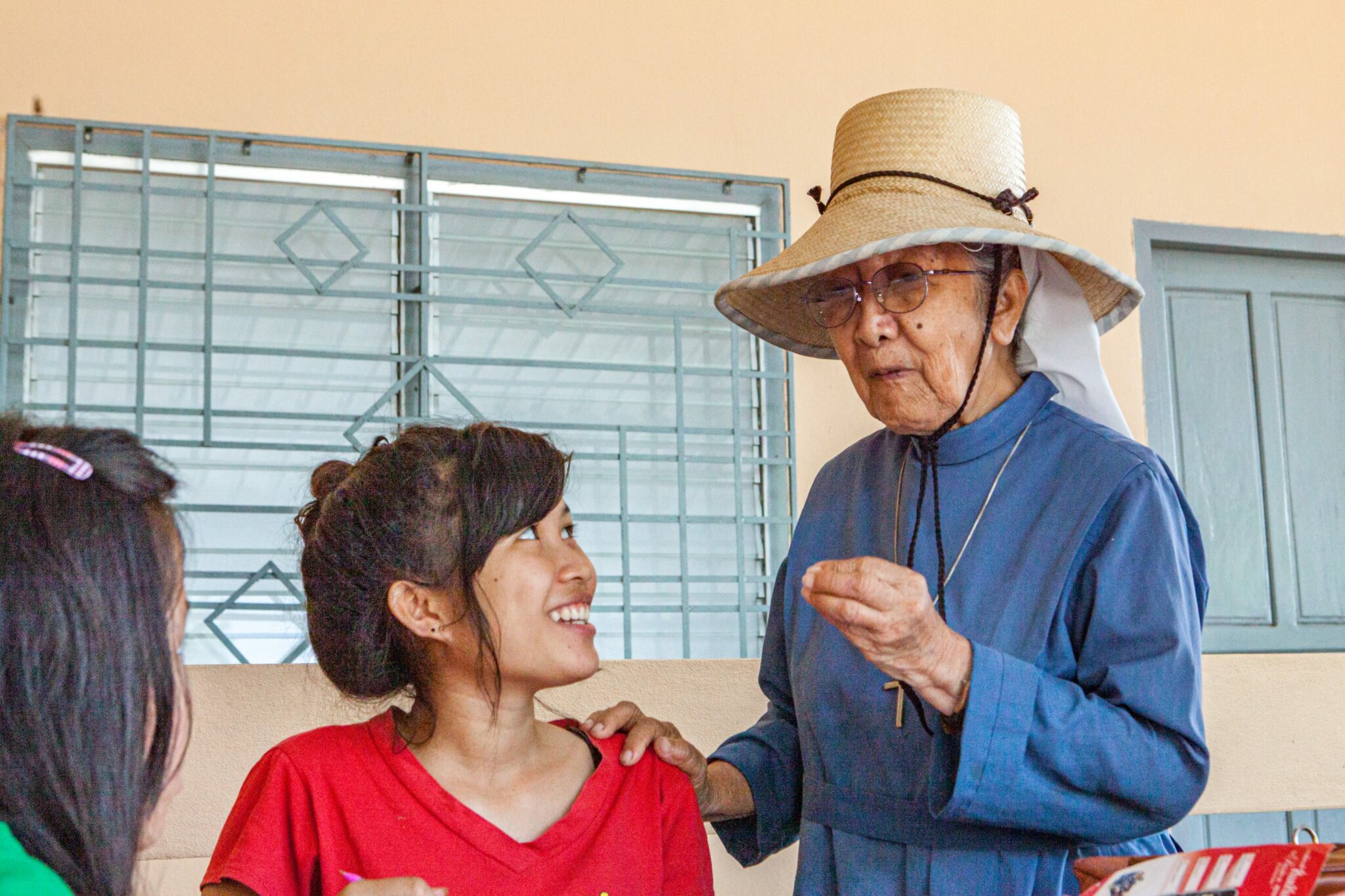
On 12 January 2022, Sister Marie-Catherine, one of our emblematic leaders in Laos, passed away. Of Vietnamese origin, she had dedicated her life to […]

Countries and their populations are not equal in the face of the health crisis that hit the world over a year ago. Asia, a […]